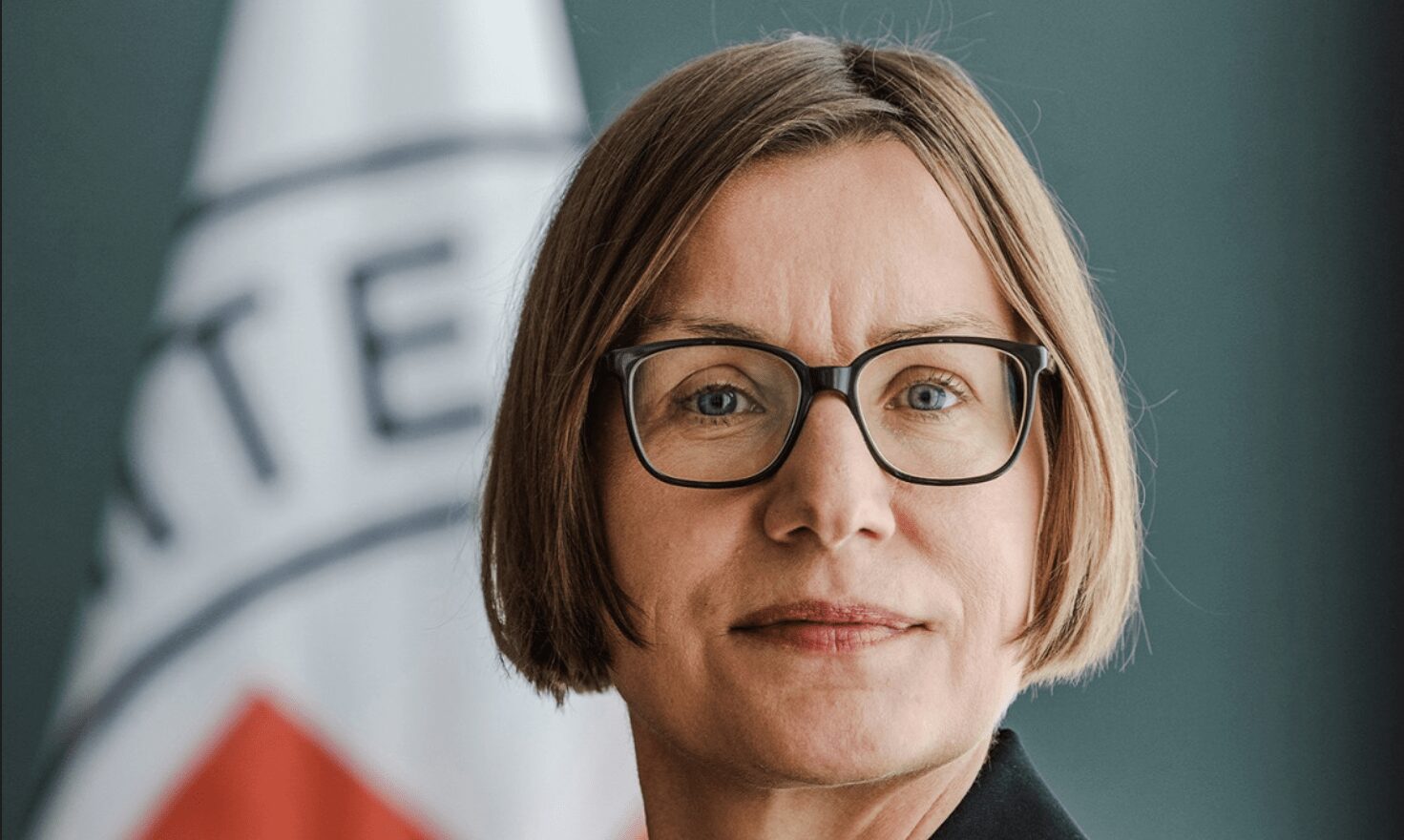Tracing basketball’s journey from an American import to a cherished European pastime, this article chronicles how the sport rapidly took the continent by storm. From improbable origins in a Springfield YMCA to rabid fandom today, relive basketball’s enthralling history in Europe through wars, political strife, and cultural revolution. Join us as we recount how basketball won over European hearts, fueled ambitious dreams, and became intrinsically its own on foreign soil. The long-shot story of how an indoor American recreation ascended to dizzying heights across the Atlantic will leave you cheering for more.
Basketball, a quintessentially American sport, has taken Europe by storm over the past several decades. Emerging from humble beginnings to enormous popularity across the continent today, the journey of basketball in Europe reveals a fascinating story of cultural exchange.
Unlike baseball or American football, basketball was not hampered by complex rules or specialized equipment. This allowed the sport to gain quick acceptance when introduced to Europe in the early 1900s. The simple requirements of a ball and a basket enabled basketball to take root rapidly, especially among youth.
Origins
Basketball was invented in 1891 in Springfield, Massachusetts by Canadian professor James Naismith. As an instructor at the YMCA Training School, Naismith was tasked with devising an indoor game to keep students occupied during cold New England winters. His solution involved nailing two peach baskets at opposite ends of a gymnasium and throwing a soccer ball into them.
This modest start spawned one of the most popular sports worldwide. Following basketball’s almost immediate adoption by colleges, the American Armed Forces spread the game internationally during World War I. U.S. troops brought basketball to Europe, kindling interest throughout the continent.
Early Growth
During the interwar period, basketball gained traction, particularly in eastern and southern Europe where French and American influence was strong due to military presence. Countries like Italy, Yugoslavia, and Poland emerged as early adopters.
The first continental tournaments were staged in 1935 for both men and women. Switzerland hosted the men’s European Championship while Italy held the inaugural women’s event. Lithuania took gold in the men’s tournament, while host Italy won the women’s bracket. This heralded the start of international competition.
Obstacles Emerge
The outbreak of World War II halted basketball’s growth in Europe. Leagues folded and equipment became scarce. In the postwar era, communist regimes in Eastern Europe viewed basketball as incompatible with socialist values. They promoted sports perceived to require greater cooperation like volleyball and soccer instead.
Countries controlled by the Soviet Union like Czechoslovakia and Hungary had to play covertly until the 1970s. Nevertheless, spirited fans kept basketball alive even through bleak times. The sport ultimately prevailed as communist regimes liberalized.
Resurgence & Growth
By the late 1940s basketball rebounded, as evidenced by the founding of the International Basketball Federation (FIBA) in Geneva in 1946. Building on renewed energy, the first Olympic basketball tournament was held in 1936 with 23 nations entering.
The inaugural FIBA World Championship took place in 1950 in Argentina. Gold medalists Argentina illustrated basketball’s expanding reach. The Soviet Union’s bronze medal foreshadowed their future dominance.
The advent of the European Champions Cup, now known as the EuroLeague, in 1958 marked another milestone. Club teams from across Europe competed in a new continental league. Real Madrid emerged victorious in the first season.
Professional leagues soon formed, starting with Italy in 1920. Leagues in France and Spain followed. The basketball craze was sweeping the continent again.
Eastern Europe’s Rise
From the 1960s through the 1980s, the Soviet Union and Yugoslavia became international powers. Coaching systems and talent development programs propelled them to the forefront.
The Soviets captured three straight Olympic golds from 1988 to 1980 with powerhouse squads. Yugoslavia also medaled repeatedly by harnessing players from diverse republics. Their success put Europe in direct competition with the U.S.
Both nations won multiple World Cups during this period as well. European talent was blossoming and gaining recognition worldwide. Players like Drazen Petrovic of Croatia and Arvydas Sabonis of Lithuania entered the NBA, paving the way for others.
Continued Globalization
After the Cold War ended, basketball’s globalization accelerated further. More European stars like Tony Parker and Dirk Nowitzki joined the NBA. Foreign player restrictions relaxed, enabling greater migration.
The NBA also committed to expanding its popularity overseas. Exhibition and regular season games tipped off in Europe. Merchandise and broadcasting deals brought American basketball to European fans.
At the same time, the EuroLeague grew into the world’s premier international club league. Top clubs from all over Europe compete annually for the championship. Club budgets and salaries now rival NBA teams.
Basketball fever continues spreading across Europe. Youth participation has skyrocketed. NBA Europe now conducts camps and tournaments for prospects across the continent. The sport’s development remains in full swing.
Enduring Passion
In just over a century, basketball has remarkably evolved from an American novelty to a beloved European institution. The continent’s passion is evidenced by raucous sell-out crowds, intense team rivalries, and dedicated fans.
Europe has embraced basketball on its own terms while making unique contributions to the game’s evolution globally. From Lithuania to Greece, European nations have emerged as formidable basketball powers who now compete on level terms with the U.S.
While initially an imported American sport, basketball has become intrinsically European. The history reveals a dynamic process of cultural transmission, adaptation, and growth. The future surely promises continued development as basketball strengthens its place in the European sporting fabric.














